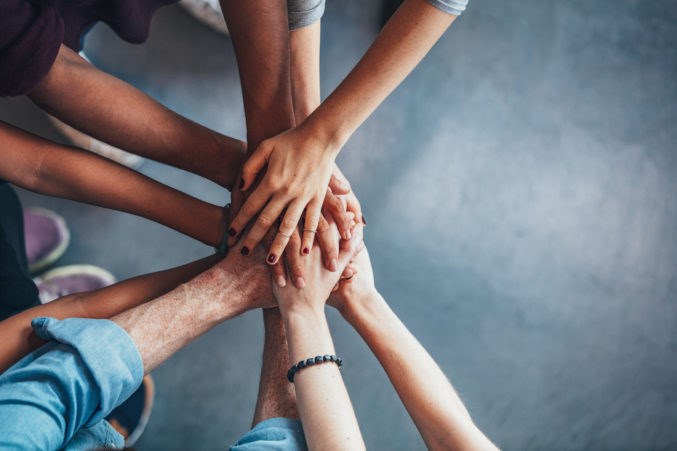Both the mayor of Sechelt and the mayor of Gibsons have declared Nov. 20 through 26 as Restorative Justice Week.
It’s been honoured by proclamations from local governments for years, so what does it all mean? Coast Reporter spoke to Jan Smalley, the Restorative Justice Program of the Sunshine Coast coordinator and trainer to find out.
Q: What is restorative justice (as a concept)?
A: Restorative justice is a theory and concept that addresses harm and provides opportunities for healing.
Q: What kind of situations can it be used for?
A: It can be used for criminal and non-criminal situations as a type of conflict resolution or, say, neighbourhood disputes. Bringing together people for understanding as a preventative measure. A process, as an example of that, could be a dialogue circle around a community issue that might be tense so that everyone has an opportunity to be heard, and to say their piece.
Q: How long have you been involved with the Coast program? Why did you get involved?
A: I had my first training back around 2000. Then I was a member of the board for a few years. Then I became a mentor, a facilitator, a trainer and the coordinator.
My first exposure to social injustice as a child was probably the start of my interest in restorative processes. So it started a long, long time ago, and in speaking to other people interested in restorative processes that's where it started for them as well, in childhood.
Q: How has restorative justice as a concept changed in the years you've been involved?
A: I think not that it's changed so much as the awareness of it has been broadened. It is based on Indigenous ways of addressing harm and healing and for individuals to take accountability for their actions. And then afterwards to be reconciled within the group, whether it's a family or a community, and to move forward from there.
The level of acceptance has been changing. Although I think there is always a place for the court systems, there's also a door to be open for other alternative measures.
Q: How have you seen the program work on the Coast?
A: It's changed over the years. It's been fairly quiet since COVID, and we’ve been reworking our program to address different needs and accessibility to the program. Our program services the whole Coast, so there are pockets that are maybe less accessible and we're trying to be as inclusive as possible in offering services.
In terms of changes, I think there's a real push to find ways for people to be actively involved in being accountable for actions and primarily for victims to have a say. They can have their impacts addressed. It’s very victim-centered. We're finding that many of the folks that have done harm have been harmed themselves in the past.
Q: Briefly, what are you working on now?
A: We're always working on training volunteers and community members to help implement the processes. But this year, we'd like to work more closely with businesses and community organizations. With a lot of the other agencies, we're all working together to provide a safe and healthy community across the Coast. So we have the same goals and vested interest — it’s just how can we all come together and make the best use of our resources and then share wisdom as well.
Q: What do you hope to see in the future of restorative justice?
A: Our board has completed a strategic plan to carry us through the next three to five years. And the goal of that is to have restorative processes embedded in our communities on the Coast. So that means that those concepts of listening and providing safe, inclusive spaces, bringing values to your decisions, those parts of the process are just part of the way we are citizens on the Coast. For me, to see hope for people who have moved to the process and supports in place. Again it includes all of the community resources available to them, including housing and addressing problems from mental health and addictions, and building to move forward.
For anyone interested in learning more about restorative justice, Smalley recommends one of the program’s key partners, the siyaya Reconciliation Movement, as well as online training opportunities. The local program can be found at www.rjpsc.org.



